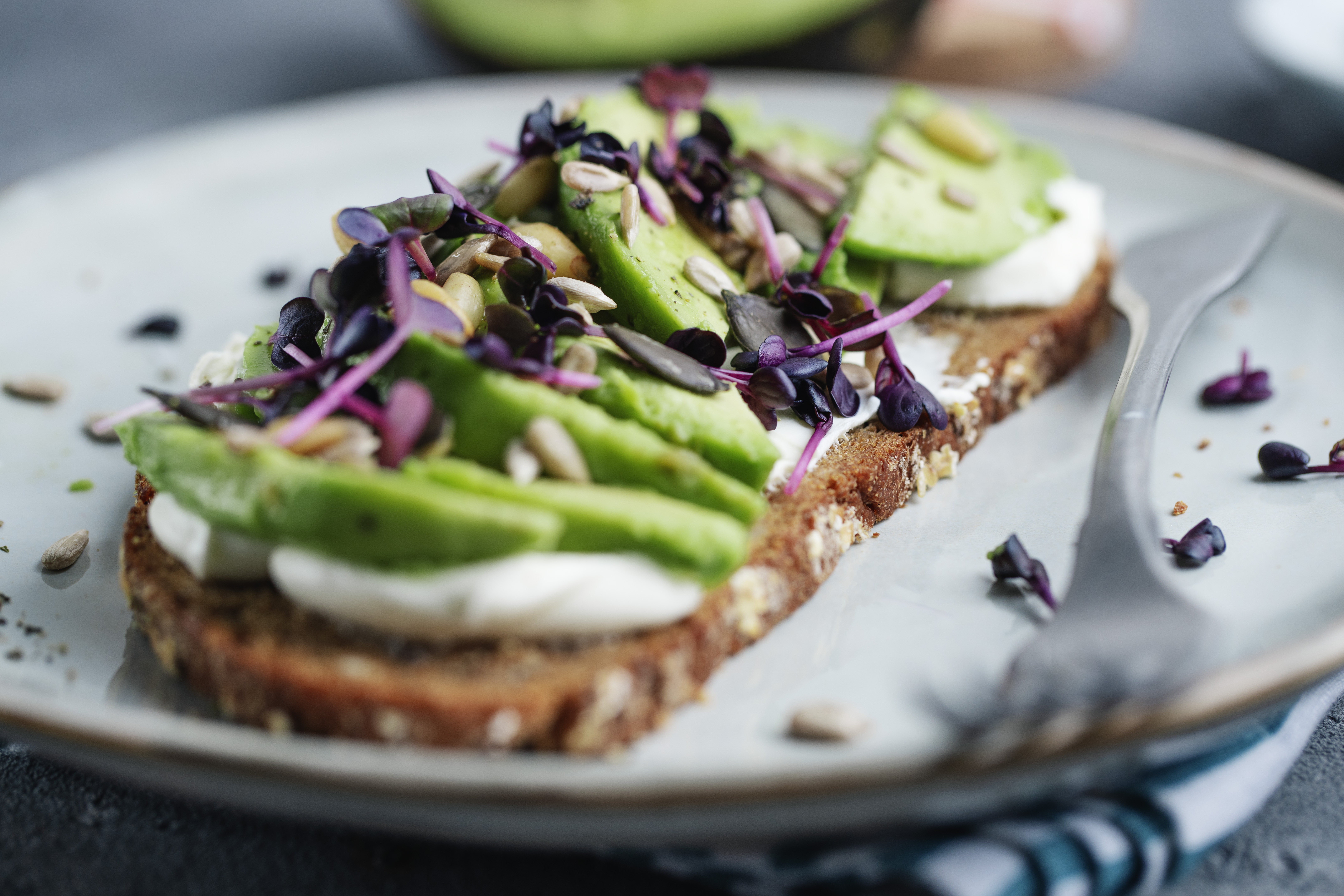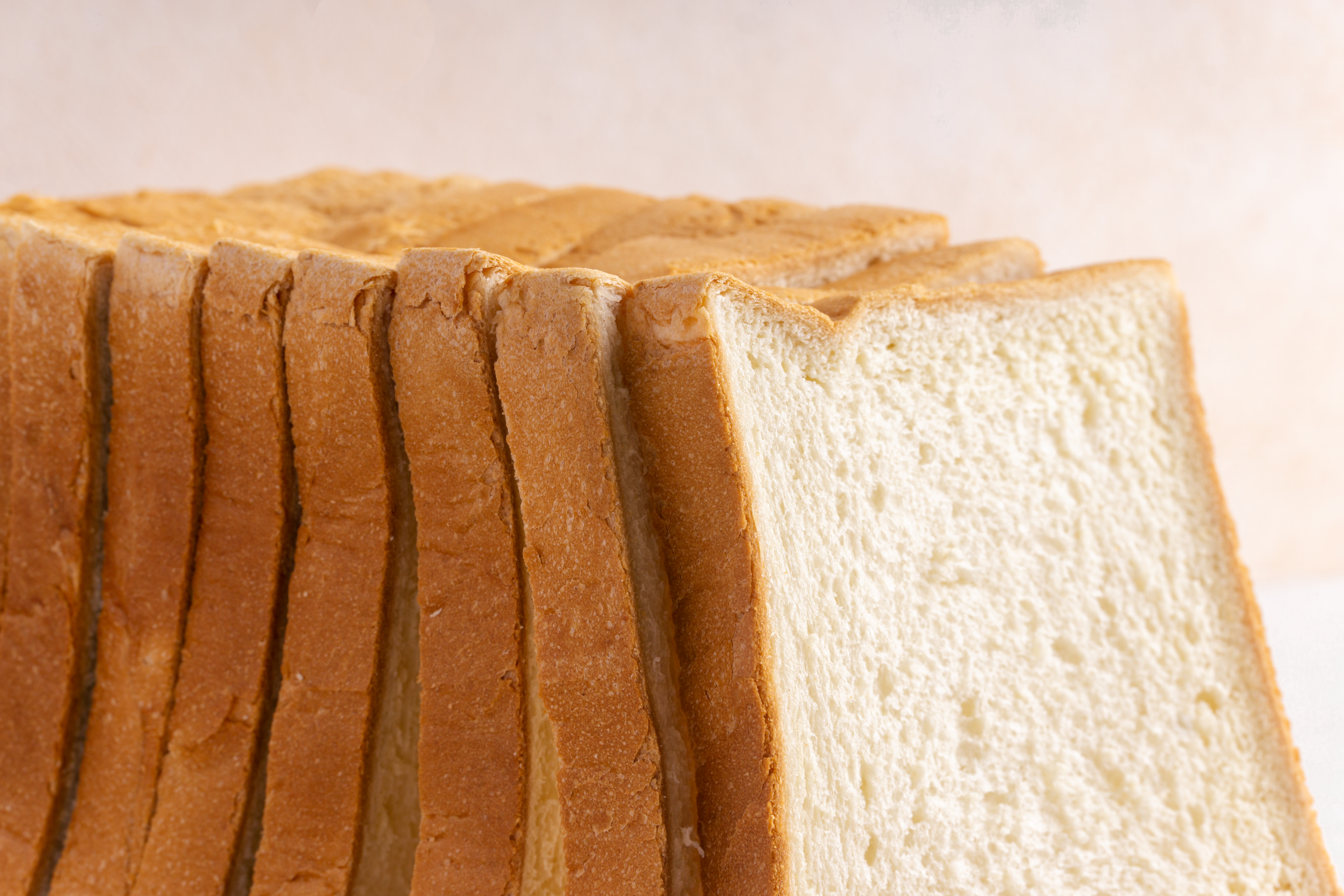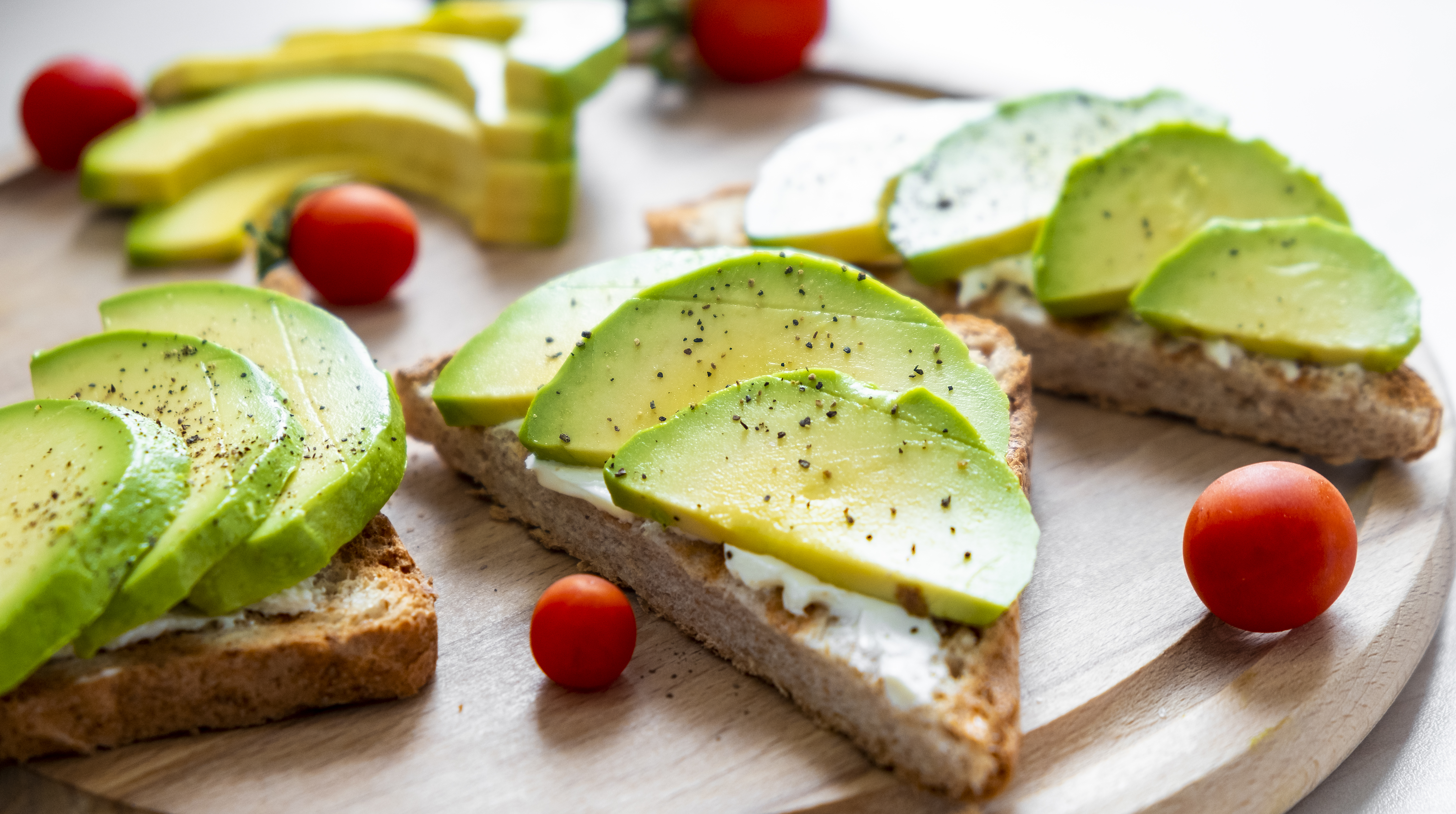The Worst Breakfast Habits for Your Body
Breakfast, often hailed as the most important meal of the day, sets the tone for our physical and mental performance. Yet, many of us inadvertently commit breakfast blunders that can derail our health goals and leave our bodies yearning for change. These errors, ranging from poor nutritional choices to timing mishaps, can have lasting impacts on energy levels, metabolism, and overall well-being. Understanding and correcting these mistakes can transform breakfast from a mere morning ritual into a powerful tool for health optimization. This article delves into 11 common breakfast blunders that might be sabotaging your day, offering insights into how to avoid them and make breakfast a cornerstone of your health regimen.
1. Skipping Breakfast Altogether

One of the most prevalent breakfast blunders is skipping the meal entirely. Many people assume that by skipping breakfast, they are cutting calories and aiding weight loss. However, research suggests that this can backfire. Skipping breakfast can lead to increased hunger later in the day, resulting in overeating or choosing unhealthy snacks. It can also slow down your metabolism, making it harder to burn calories efficiently. Furthermore, missing breakfast can impair cognitive function and mood, making it difficult to concentrate and perform tasks effectively. To avoid these pitfalls, consider starting your day with a balanced breakfast that includes a mix of protein, healthy fats, and carbohydrates.
2. Relying on Sugary Cereals

Another common error is relying on sugary cereals as a quick breakfast fix. While they may be convenient, many cereals are loaded with sugar and lack essential nutrients. Consuming high-sugar cereals can lead to a rapid spike in blood sugar levels, followed by a crash that leaves you feeling sluggish and hungry. Over time, this pattern can increase the risk of developing insulin resistance and type 2 diabetes. To make a healthier choice, opt for whole-grain cereals with low sugar content, or consider alternatives like oatmeal topped with fresh fruit and nuts, which provide sustained energy and essential nutrients.
3. Overlooking Protein

Protein is a crucial component of a balanced breakfast, yet it is often overlooked. Many traditional breakfast foods, such as toast or pastries, are high in carbohydrates but low in protein. Protein is essential for muscle repair and growth, and it helps keep you feeling full and satisfied throughout the morning. A breakfast lacking in protein can lead to increased hunger and unhealthy snacking later in the day. Incorporate protein-rich foods like eggs, Greek yogurt, or nut butter into your morning meal to support metabolism and maintain energy levels.
4. Consuming Too Much Caffeine

While a cup of coffee can be a comforting morning ritual, relying on caffeine as a primary breakfast component is a mistake. Excessive caffeine intake can lead to increased anxiety, jitteriness, and disrupted sleep patterns. Moreover, caffeine can act as an appetite suppressant, which might cause you to skip breakfast or delay eating, disrupting your body's natural hunger cues. To prevent these issues, limit your caffeine intake and pair your coffee with a nutritious breakfast. Consider reducing caffeine gradually if you're consuming multiple cups a day, and explore alternatives like herbal teas or decaffeinated options.
5. Ignoring Fiber

Fiber is an essential nutrient that supports digestion and helps maintain stable blood sugar levels. Many breakfast choices, such as white bread or pastries, are low in fiber, leading to quick digestion and hunger soon after eating. A lack of fiber can also contribute to digestive issues, such as constipation. To enhance your breakfast, incorporate fiber-rich foods like whole grains, fruits, and vegetables. Adding chia seeds or flaxseeds to your yogurt or smoothie can also boost fiber content and provide additional health benefits like omega-3 fatty acids.
6. Eating on the Go

In our fast-paced world, eating breakfast on the go is a common practice. However, this habit can lead to poor food choices and mindless eating. Consuming breakfast in a rush often results in selecting convenience foods that are high in sugar and low in nutrients. Additionally, eating quickly can prevent you from recognizing your body's satiety signals, leading to overeating. To combat this, try to allocate time for a sit-down breakfast, even if it's just a few minutes. Mindfully enjoying your meal can improve digestion and help you make healthier food choices.
7. Relying on Processed Foods

Processed breakfast foods, such as frozen waffles or breakfast bars, are often high in refined sugars, unhealthy fats, and preservatives. These ingredients can contribute to inflammation and increase the risk of chronic diseases. Moreover, processed foods typically lack the nutrients needed for a balanced meal. To make healthier choices, prioritize whole foods and prepare simple breakfasts at home. Options like scrambled eggs with spinach or a smoothie with fresh fruits and vegetables can provide the nutrients your body needs to start the day right.
8. Neglecting Hydration

Hydration is often overlooked during breakfast, yet it plays a crucial role in overall health. Many people begin their day dehydrated, which can lead to fatigue and decreased cognitive function. Starting your morning with a glass of water or herbal tea can help rehydrate your body and kickstart your metabolism. If you enjoy coffee or tea, remember that these beverages can have diuretic effects, so it's important to balance them with water intake. Consider incorporating hydrating foods like fruits and vegetables into your breakfast to further support hydration.
9. Misjudging Portion Sizes

Portion control is vital for maintaining a balanced diet, yet it's easy to misjudge portion sizes, especially with calorie-dense foods. Overeating at breakfast can lead to feelings of sluggishness and interfere with weight management goals. Conversely, too small a portion may not provide enough energy to sustain you until your next meal. To find the right balance, use measuring tools or visual cues to gauge appropriate portion sizes. Focus on creating a plate that includes a variety of nutrients, such as proteins, healthy fats, and complex carbohydrates, to ensure you're meeting your body's needs.
10. Avoiding Healthy Fats

In the quest to eat healthily, some people avoid fats altogether, fearing weight gain. However, healthy fats are essential for nutrient absorption and hormone production. Avoiding them at breakfast can lead to imbalanced meals that leave you unsatisfied. Incorporating healthy fats, such as avocado, nuts, or olive oil, can enhance the flavor of your meals and provide long-lasting energy. These fats also support brain health and can help reduce the risk of heart disease. Balance is key, so aim to include a moderate amount of healthy fats in your breakfast for optimal health benefits.
11. Not Planning Ahead

Failing to plan your breakfast can lead to last-minute choices that are less than ideal. Without a plan, it's easy to reach for convenient but unhealthy options, especially on busy mornings. Planning ahead can help ensure that you have nutritious ingredients on hand and can streamline your morning routine. Consider preparing overnight oats, smoothie packs, or egg muffins in advance to save time and reduce stress. With a little preparation, you can enjoy a balanced breakfast that supports your health goals and sets a positive tone for the day.
Transforming Breakfast Habits

Recognizing and addressing these common breakfast blunders can significantly impact your health and well-being. By making mindful choices, such as incorporating protein, fiber, and healthy fats, and avoiding processed foods and excessive caffeine, you can transform breakfast into a powerful tool for health optimization. Planning ahead and dedicating time to enjoy your meal can further enhance the benefits. As you refine your breakfast habits, you'll likely notice improvements in energy levels, mood, and overall health. Embrace these changes and allow breakfast to become a cornerstone of your daily routine, setting the stage for a healthier, more vibrant life.